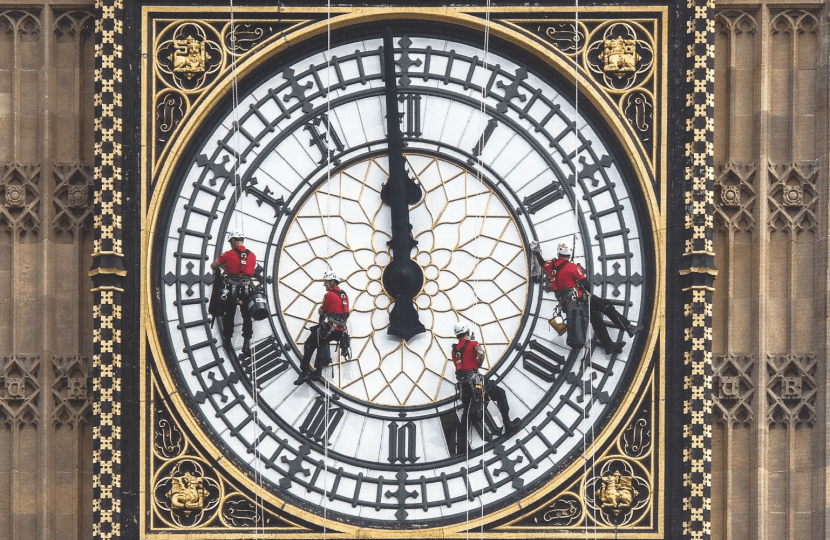
The UK has a Constitutional Monarchy, the origins of which go back a long way. Until the end of the seventeenth century, British monarchs were executive monarchs, which meant that they had the right to make and pass legislation.
However, even in early times, there were occasions when the Sovereign had to act in accordance with the law and take into account the will of his people.
With the signing of the Magna Carta in 1215, for example, the leading noblemen of England succeeded in forcing King John to accept that they and other freemen had rights against the Crown.
In the seventeenth century, the Stuart kings propagated the theory of the divine right of kings, claiming that the Sovereign was subject only to God and not to the law.
Widespread unrest against their rule led to civil war in the first half of the seventeenth century, leading to the Commonwealth under Oliver and then Richard Cromwell from 1649-1660. In 1688-9 Parliamentarians drew up a Bill of Rights, which established basic tenets such as the supremacy of Parliament.
The constitutional monarchy we know today really developed in the eighteenth and nineteenth centuries, as day-to-day power came to be exercised by Ministers in Cabinet, and by Parliaments elected by a steadily-widening electorate.
A Constitutional Monarchy is a form of Government in which a king or queen acts as Head of State. The power to make and pass legislation resides, solely, with parliament and not the Monarch.
As a system of government, a Constitutional Monarchy separates the Head of State's ceremonial and official duties from party politics and stays the same even as governments change.
The Monarch governs according to the constitution - that is, according to rules, rather than according to his or her own free will. The United Kingdom does not have a written constitution which sets out the rights and duties of the Sovereign, they are established by conventions. These are non-statutory rules which can be just as binding as formal constitutional rules.
As a Constitutional Monarch, the Sovereign must remain politically neutral. On almost all matters the Sovereign acts on the advice of ministers and is limited to non-partisan functions, such as granting honours. She also appoints Prime Ministers once a general election has taken place and approves legislation with Royal Assent.
The Monarch is also responsible for officially opening Parliament to mark the beginning of the parliamentary session, known as the State Opening. Its main purpose is for the Sovereign to formally open Parliament and, in the Queen's Speech, deliver an outline of the Government's proposed policies and legislation for the coming session, and a review of the last session.
